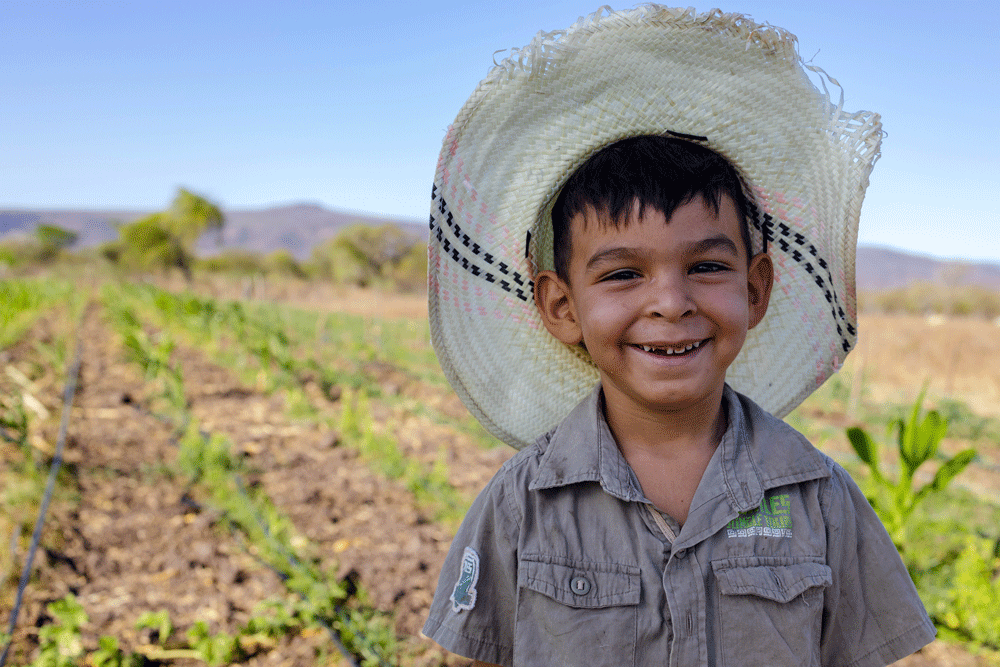
Sowing for the future
A community in Nicaragua's desert-like wilderness joins forces to plant flourishing community gardens. It's a thriving source of income, and everybody is invited to join in the fun! Read more open_in_new
So far, you've provided 0 unsponsored children with four months of holistic support. Give a tax-deductible donation today.
In Nicaragua, children and youth face numerous barriers to their development, including poor sanitation and early marriage. Over a third of girls get married before they turn 18.
Our local church partners are helping children secure good health by constructing proper bathroom facilities, creating access to safe drinking water and educating children on safe hygiene practices. Youth in the Compassion program in Nicaragua have opportunities to pursue brighter futures through workshops on income generating skills such as baking and poultry rearing.
READ MOREkeyboard_arrow_down READ LESSkeyboard_arrow_upThank you for praying for the children, families and local church partners we serve in Nicaragua.

A community in Nicaragua's desert-like wilderness joins forces to plant flourishing community gardens. It's a thriving source of income, and everybody is invited to join in the fun! Read more open_in_new
Compassion’s program is contextualised across countries and communities, as well as age groups.
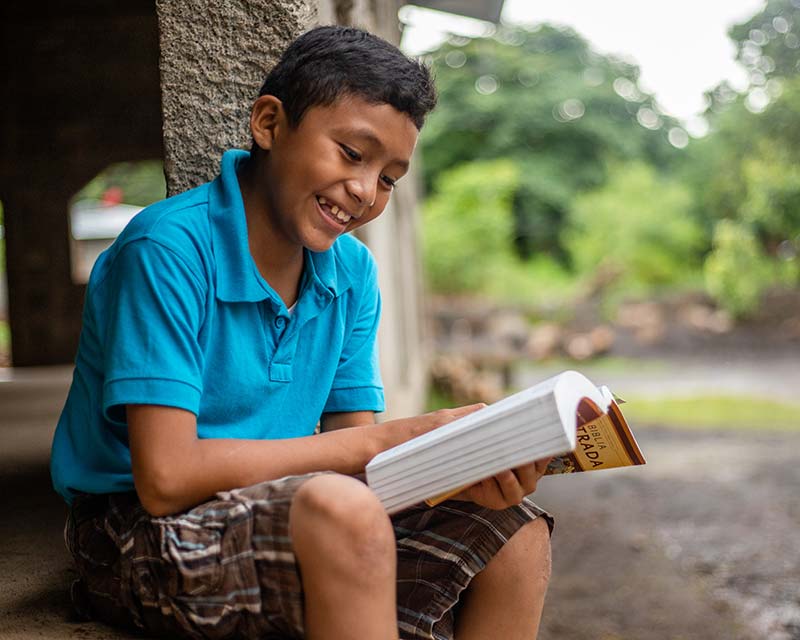
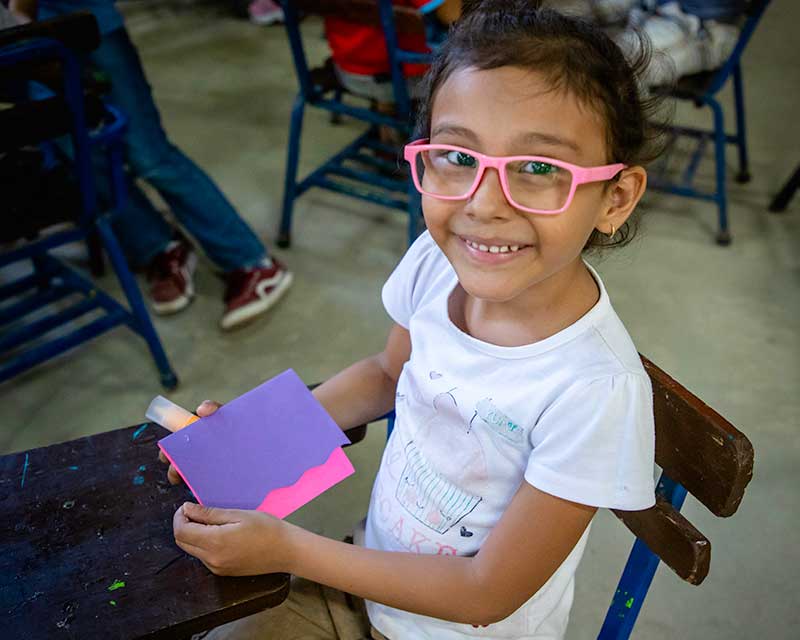
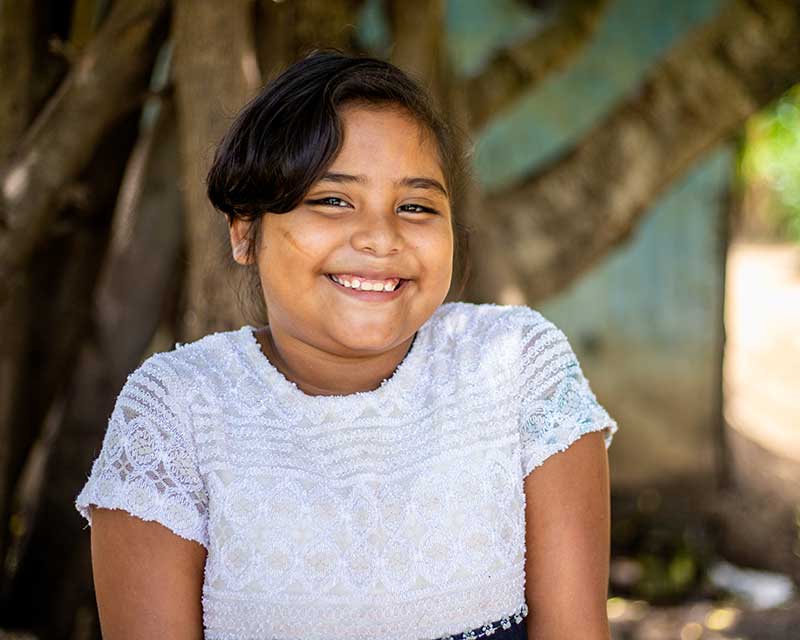
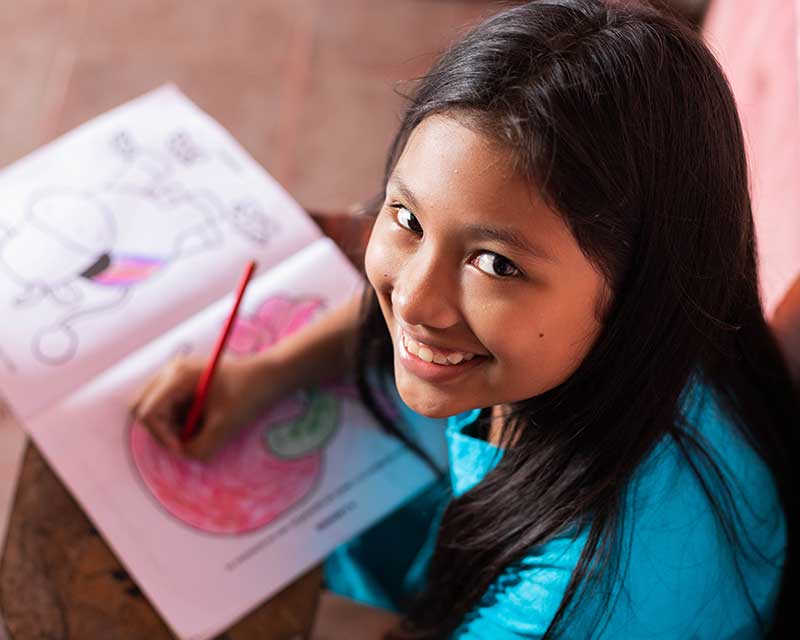

Compassion assisted children in Nicaragua typically attend program activities at their local child development centre after school and on Saturdays. Here is an example of what a typical program day looks like for children in Nicaragua.
Devotional time - Children learn to pray.
Spiritual lessons - Children sing songs and learn Bible stories.
Break time - Children can play in a safe environment and develop friendships.
Social-emotional lessons - Children learn conflict resolution skills and how to develop healthy self-esteem. Many children come from challenging home environments and are taught social and personal skills.
Lunch and social time - Children usually receive a meal consisting of rice, meat, tortilla and natural juice, tea or cereal. Children sometimes receive a snack of fruit salad, rice with milk or a thick hot drink made from corn meal.
Health lessons - Children learn practical health and hygiene tips.
Letter writing and career planning - Older children work with local staff to identify their strengths and interests and set goals for their future.
The children also enjoy camps, sports, field trips and art. Students can participate in vocational training workshops in music, computer literacy, sewing, carpentry, baking, hair styling, entrepreneurship and handicrafts. Parents and caregivers meet monthly.
Nicaragua is the largest country in Central America and home to the only known freshwater sharks in the world. Poetry and baseball are both important parts of local culture and draw international attention. The majority of the population speak Spanish, and Catholicism is the most predominant religion.
Poetry is one of Nicaragua's most beloved arts. Rubén Darío (1867-1916) is known as the 'Prince of Spanish-American literature', and recent work by Nicaraguan poets, fiction writers and essayists can be found in most bookstores. Earthquakes and war have obliterated much tangible evidence of Nicaragua's cultural heritage, especially its colonial architecture, although León retains many fine, old buildings.
From 2000 to 2017, Nicaragua was making progress: its economy was growing steadily and it had largely avoided the cartel and gang-related crime racking its northern neighbours, El Salvador and Honduras. However, between 2018 to 2019, Nicaragua experienced a period of social and political unrest after social security reforms were proposed. This crisis, combined with frequent natural disasters and the COVID-19 pandemic, led to an economic downturn and a rise in poverty.
Chronic malnutrition is a serious concern affecting nearly one in five local children, and over a quarter of the population lack access to basic sanitation facilities like toilets.
Compassion began partnering with the local church in Nicaragua in 2002. Our church partners are passionate about bringing hope and lasting change to their communities—and they do this by empowering youth and caregivers with entrepreneurial skills, strengthening family relationships, fighting childhood malnutrition and much more.
READ MOREkeyboard_arrow_down READ LESSkeyboard_arrow_upIt can be disappointing if your sponsored child hasn’t responded to your questions or even mentioned the letter you sent them. Here’s why this could be happening, plus handy tips to prevent it. .. Read more
From remote, isolated tribal communities to bustling cities and crowded slums, 10 children in our Child Sponsorship Program share their treasured possessions. These are their beautiful, surprising and funny answers... Read more
Wondering what you can send to your sponsored child? Read on for the items you can include with your letters, plus learn what not to send... Read more